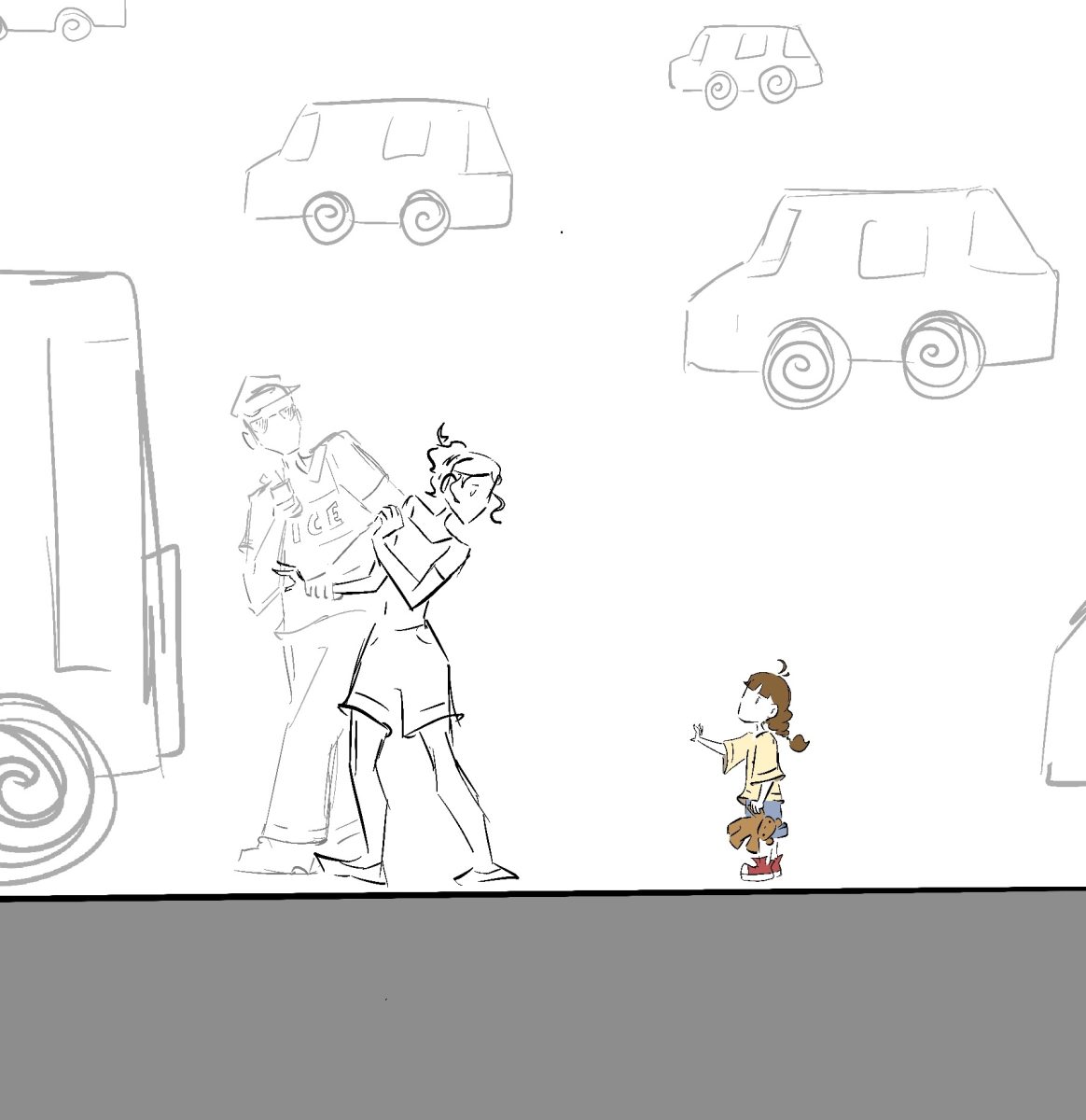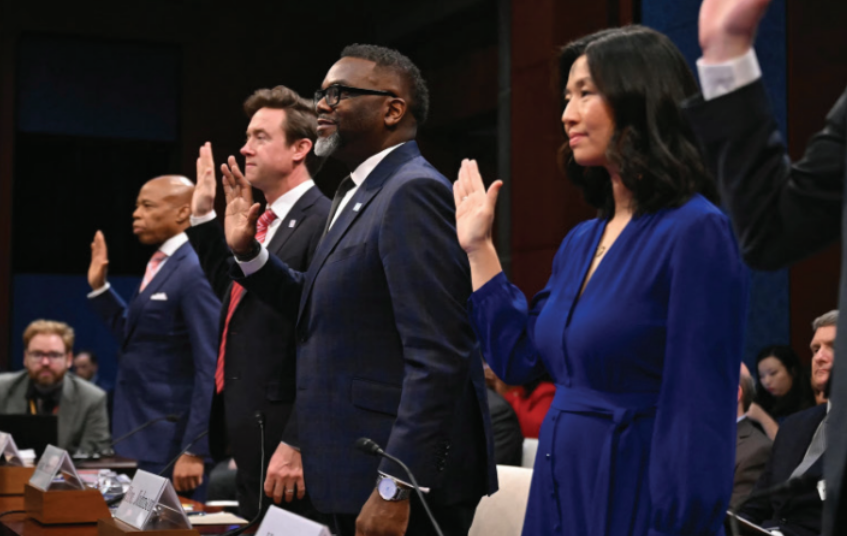In a city known for its progressive values, conversations about deportation often feel distant. But for students and educators at CRLS, the topic is becoming harder to ignore. Across the United States, federal immigration enforcement policies—such as increased border surveillance, ICE raids, and expedited removal orders—continue to generate controversy and fear. These policies have led to the deportation of millions, often separating families and removing long-term residents; some of whom have lived in the country for decades. While immigration has always played a central role in American history, today’s debates often center around fear, economics, and legality.
At CRLS, students are beginning to reflect on how those debates echo within their own classrooms and neighborhoods. “To an extent I feel like we are moderately aware and understand what is going on,” Nahom Hailemelekot ’25 told the Register Forum. “It’s happened in cities surrounding us, but to some extent people are avoiding the topic.”
For many young people, deportation can feel abstract until a news story, a family friend, or a classmate brings it into focus. Hailemelekot didn’t hesitate to share his strong opinion: “I feel like it’s idiotic. The main thing people are saying is that immigrants can be dangerous and that they can poison the economy, but they ignore the fact that they also put a lot into the economy,” he said. “I’ve heard many people are being deported illegally and being sent back to El Salvador.” He explained that some of these deportations involve individuals who have lived in the United States for years, often without any criminal record, and are suddenly taken from their homes or workplaces. “They didn’t even get a proper hearing,” he added. “They just got sent back without a chance to fight it.” His words reflect both anger and concern, two emotions felt widely in immigrant communities across the country.
CRLS teacher Lily Rayman-Read, who teaches history and psychology, offered a broader view. “The topic is very complex,” she told the Register Forum. “I know that Cambridge has claimed they are a sanctuary city, however the city isn’t doing anything particularly different that I’m aware of.” Her comment raises important questions: What does it mean to be a sanctuary city? And is it enough? While Cambridge officially declared itself a sanctuary city years ago—meaning local police won’t help federal immigration authorities—it’s unclear how much that protects undocumented residents in practice.
As national policies shift, even cities like Cambridge may not be immune to their effects. At a school like CRLS, where students come from all over the world, the impact of deportation can be personal. Whether or not someone has experienced it directly, it affects the way students see their futures, their families, and their sense of belonging. As debates around immigration continue, voices like Hailemelekot’s and Ms. Rayman-Read’s remind us that deportation isn’t just a national issue, it’s a local one too. It deserves attention in the places we often feel safest: our schools, our cities, and our communities.
This article also appears in our April 2025 print edition.




















